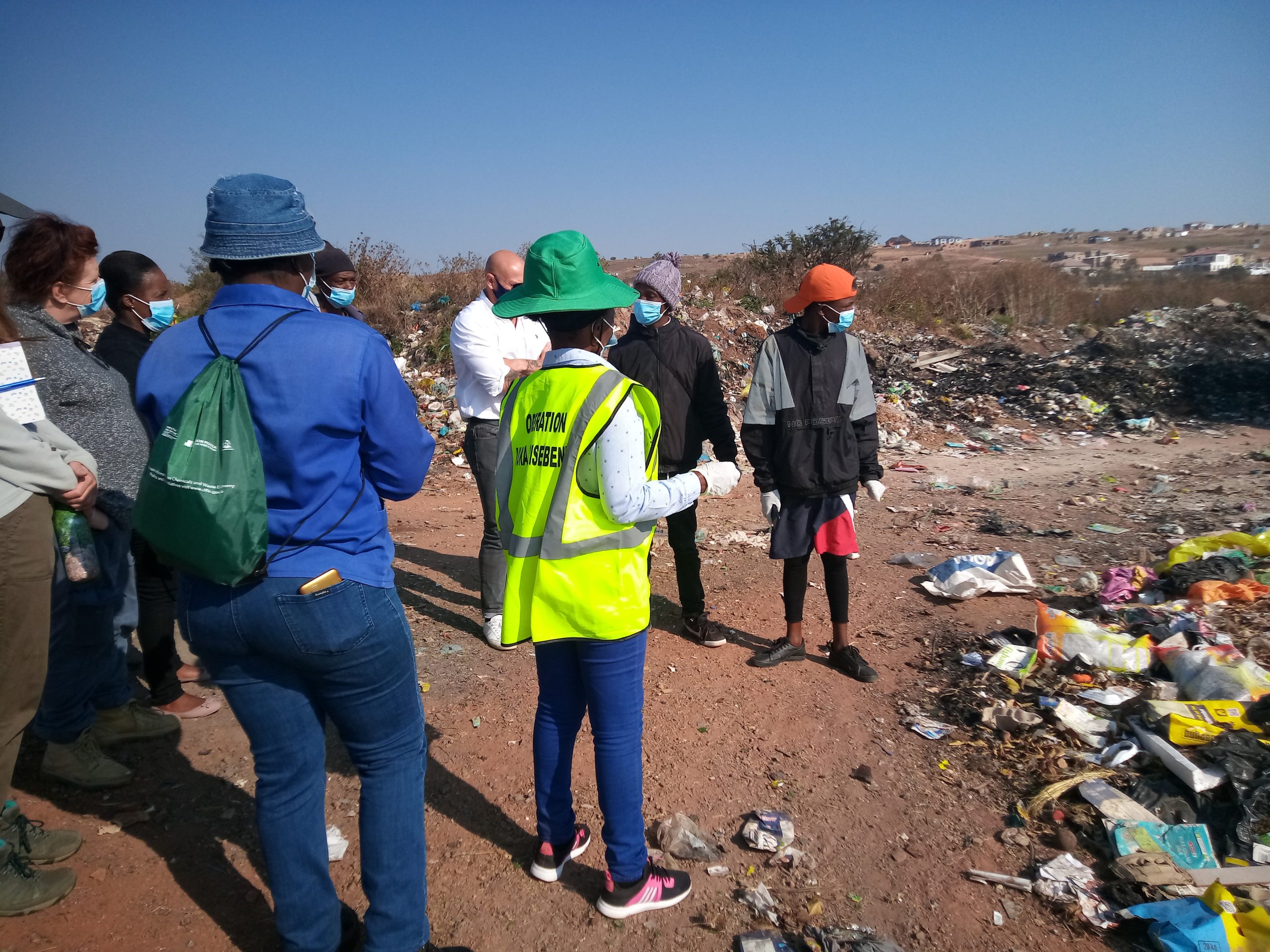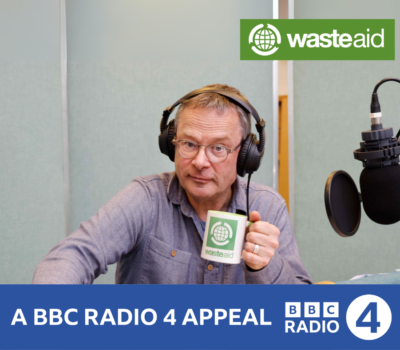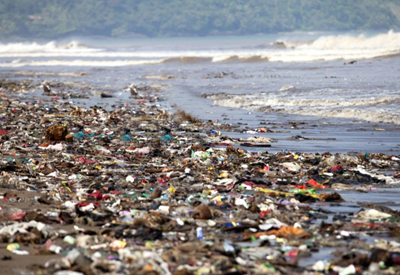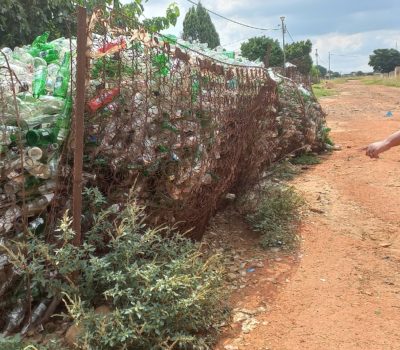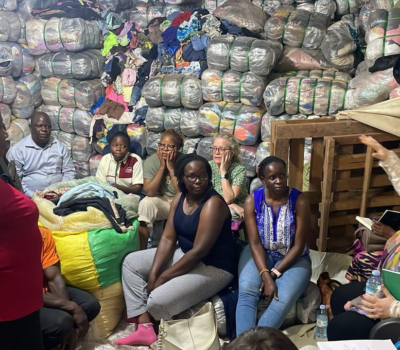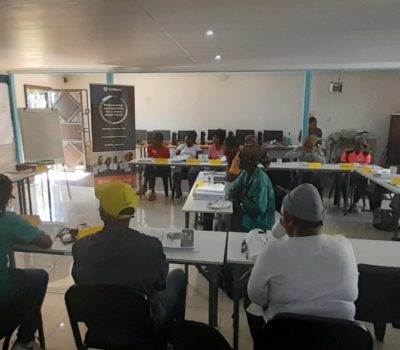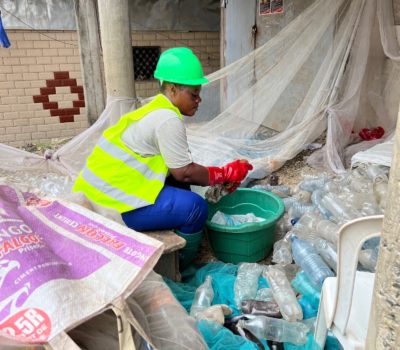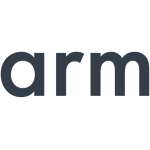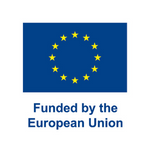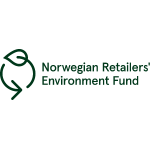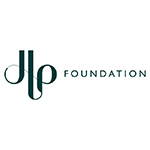Introducing Rebecca Henderson, WasteAid’s Project Coordinator leading the Masibambisane Circular Economy project in South Africa.
News
Author: Rose Bradbury
Published: 23 August 2022
In April 2022 WasteAid was awarded funding through the International Circular Plastic Flagship Projects competition, an initiative led by the Waste Resources Action Programme (WRAP) and UK Research and Innovation (UKRI) to tackle plastic pollution across the globe.
Rebecca Henderson is WasteAid’s newly appointed Project Coordinator in South Africa, and will be overseeing the project. During this interview, we learn about Rebecca’s journey, how she came to work for WasteAid and why this project is so important for sustainable development in South Africa.

It’s a brisk winter morning in Johannesburg South Africa and we are planning the next steps of our feasibility study for the WRAP UKRI Circular Plastics Flagship competition. It’s exciting work and often I have to think, “How did I get here?”
Born and bred in Mzanzi “the city of gold”, Johannesburg is defined by stark contrasts between the ‘haves’ and ‘have nots’, degradation and beauty. Acutely aware of this from a young age, my life has been a process of discovering where I can serve the communities and environment that shaped me.
My passion for people and planet led me to volunteer and work with some amazing organisations in different countries over the years, and it was through this journey that I fell into the waste space. I was working as a product developer for a consumer products multinational in London (ironically whilst volunteering for an environmental organisation). A struggle was playing out inside me as I processed piles of overly packaged products destined for a short life in retail where they would be sold, temporarily loved, and then discarded when the next trend was constructed. I made small changes to reduce the waste, but my heart kept bringing me home; where seemingly worthless items are quickly scooped up and held as prized possessions by those who can’t afford trendy new items.
Circling back to my home town, I started working for an organic waste recycling start up where I connected with an amazing community who were all working toward the same goals. Over the years I consulted as a project manager for environmental SMMEs in the waste, research and sustainability fields, while completing a degree in environmental management. It was through these connections that I found WasteAid. I had just completed my degree and was looking for my next project when I got the call that would bring me to where I am now.
What were your first impressions of WasteAid and our work? How do you think WasteAid can help in South Africa?
When I learnt that WasteAid was undertaking a project to deliver waste solutions in rural South Africa, I jumped at the opportunity. People often look at waste as an isolated problem, but WasteAid views waste as a systematic issue that goes to the heart of how we value and utilise resources. Only by looking at the whole value chain and the systems that support it, can we begin to understand the causes and solutions for the issues we create. By connecting with all stakeholders and seeking to understand the core issues at all levels can we create meaningful change. With a wealth of skills, knowledge and an ear to the ground WasteAid is working smart to promote sustainable development.
Please could you give an overview of the amazing work you’re doing on the Masibambisane Circular Economy project, and any engagement you’ve had from local stakeholders so far?
WRAP and UKRI are spearheading a global competition to deliver waste management solutions in developing countries, with a focus on plastics pollution. Through a one-year feasibility study, we will test approaches to drive separation, decontamination, collection, processing and end market development for waste streams including low value plastics.
Although recycling of high value materials such as glass is well established in South Africa, low value plastics are often neglected and end up entering our environment; polluting our terrestrial and aquatic systems and impacting on both human and animal health. Due to a lack of waste management, these materials are often dumped and burnt in communities; causing further health and environmental impacts and contributing to climate change.
As a founding member of the Plastics Pact, WRAP seek to ensure that 70% of all plastic packaging is recycled. Through our interventions we will support the goals of the South Africa Plastics Pact by creating and circulating value for waste in rural communities, which often lack the infrastructure and resources that larger cities like Johannesburg have.
To drive increased source separation and collections at community level, WasteAid is working with local government, community champions, waste collectors and households to undertake a behaviour change campaign in our pilot zone in the Mountain View KwaMhlanga, Mpumalanga. Our partner, the University of Portsmouth, will be supporting the collection phase by implementing creative participatory approaches such as theatre, street art and music to raise awareness, promote participation and support waste collectors. We also have a technical business expert in circular economies who will be supporting local waste players to develop their business capacities, investigate how they can mutually support each other and link them to end markets with the goal of creating more circular systems for the rural economy.
Our amazing collaborative team have been working with local stakeholders to understand the challenges and opportunities in context. We have used participatory approaches to host focus group sessions, conduct community surveys and develop a pilot approach. We have gained the support of the local chief who will assist us in conducting a community meeting at the beginning of September. Here the community will meet the team and help us decide on appropriate interventions to support collections and local waste pickers. We are also developing tailor made business capacity training programmes to support waste collectors and processors that have been working on the ground with the support of DARDLEA, the Mpumalanga Department of Agriculture, Rural Development, Land and Environmental Affairs.
We have been humbled and inspired by the enthusiasm in the community, and are looking forward to working with them to bring the circular economy to life. As a local community member said, “I just want to wake up and be able to breath fresh air.”
What are the current struggles with waste and recycling in South Africa, and what are we hoping to achieve with this project?
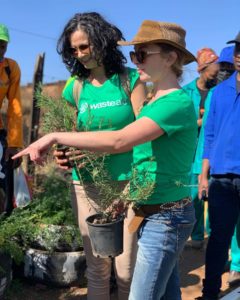
However, education and awareness are equally as important in changing behaviour at community level. Many people understand the value of tins or glass bottles, but more awareness and education are needed on the various types of plastics, their recyclability and value. There is significant work being done on glass, tin and high value plastics like PET because the main driver for informal waste pickers, collectors and buy back centres is cost per kg. Our aim in this project is to see how we can further develop linkages in these markets but also investigate mechanisms to drive more collections and processing of waste that has lower market value, after all: ALL waste has value. By facilitating mutually beneficial linkages between those in the waste sector we hope to improve the collections and processing of recyclables to feed back into local end markets.
Communities are also blamed for the state of their environments, but are often left with no other option but to burn their waste, despite awareness of the health impacts. Additionally, plastic litter is eaten by livestock leading to illness and mortality of livestock, and subsequent poisoning of humans who consume the meat. As WasteAid we hope to tackle these issues by creating awareness, providing mechanisms to join the dots and support actors who are already doing great work in their communities.
Though not in the scope of this project, it is also important to recognise the role that producers play. WasteAid recognises that policy developments such as the Extended Producer Responsibility are key to tackling the early stages of plastics production by rethinking how products are made. We look forward to working with key role players in South Africa for future projects.

